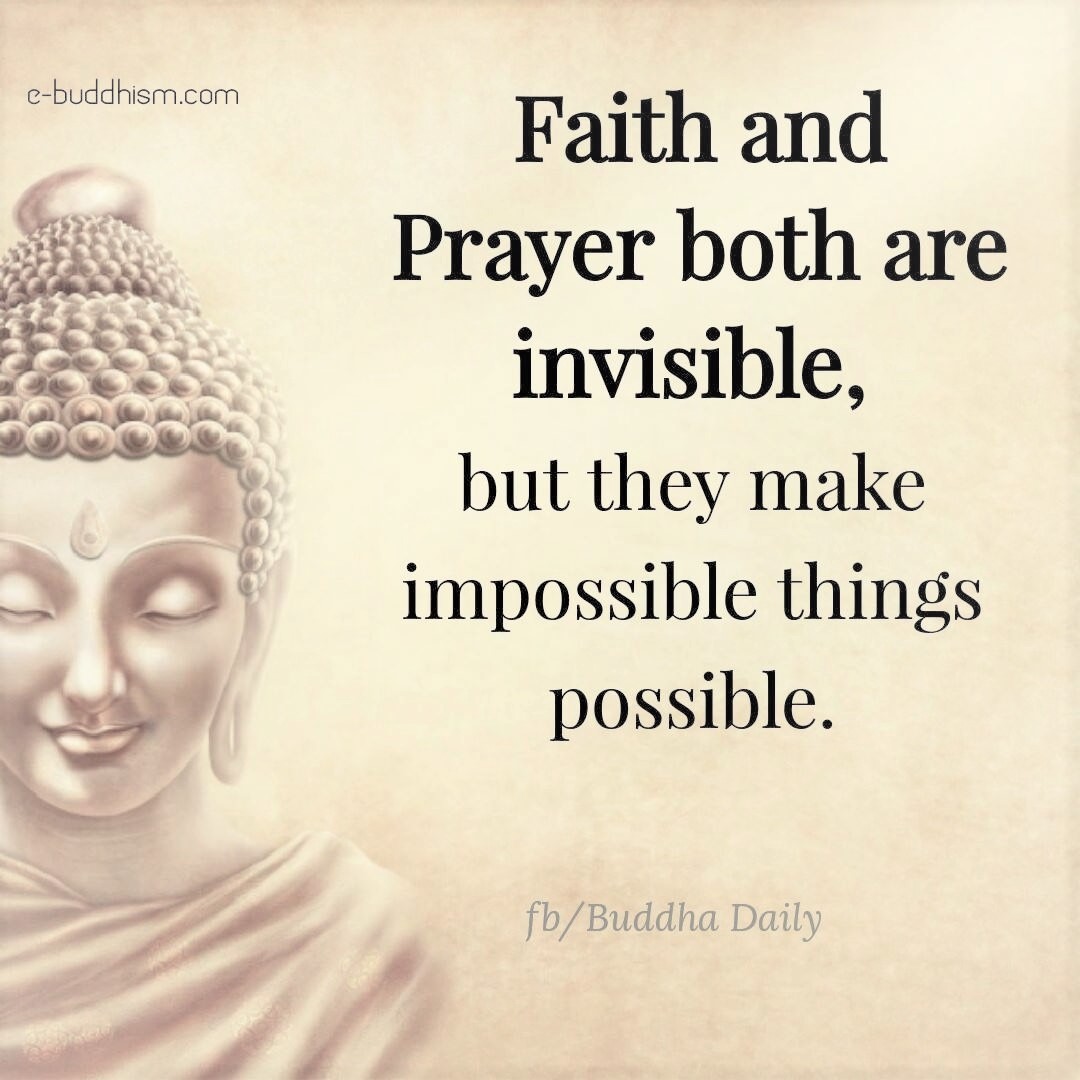The Pitfalls of Arrogance: Embracing Humility and Compassion
Human nature has a tendency to elevate oneself, leading to arrogance and a lack of self-awareness. Even when I was drinking to get drunk from the time a woke up until pass-out time, I regarded my opinions and thoughts higher than others.
Whether it is due to physical appearance, material possessions, knowledge, achievements, or social standing, we often find ourselves trapped in a cycle of self-importance.
What are the hidden dangers of such arrogance, our obliviousness to our own flaws, and the transformative power of humility and compassion?

Image by Lothar Dieterich from Pixabay
Look at Me, Look at Me, What are you fuckin’ looking at?
Arrogance stems from our inability to recognise our limitations and faults. We tend to fixate on our positive qualities while conveniently ignoring our shortcomings. We also minimise the strengths of others and highlight their faults.
In doing so, we create an inflated perception of ourselves, exaggerating our intelligence, attractiveness, or achievements. This distorted view not only blinds us to our own flaws, but also prevents us from acknowledging the areas where we need to grow and improve.
Avoiding Introspection
Our preoccupation with ourselves prevents us from engaging in honest self-reflection. We shy away from examining our negative thoughts and behaviours, brushing them aside or even denying their existence. It is akin to cleaning a house by hiding the dirt under the carpet, rather than addressing it directly. It wasn’t until the last months before my Rock Bottom that I stopped thinking that everyone else had the problem.
This evasion of self-awareness hampers personal growth and inhibits our ability to develop meaningful connections with others. It stops us from seeking advice and help.

Photo courtesy of Buddha Daily
The Blame Game
Arrogance often leads us to shift blame onto others rather than taking responsibility for our actions. It maybe that our nearest and dearest is the target of our blame or society at large.
This habit not only damages relationships, but also consumes mental energy that could be better utilised for self-improvement and fostering compassion.
The Perspective of Humility and Compassion
Atisha, an eleventh-century Buddhist scholar, offers valuable guidance to counter arrogance.
He says, “do not contemplate your own good qualities but contemplate the good qualities of others and respect everyone as a servant would”.
Instead of finding faults in others, we should strive to identify and rectify our own shortcomings. He is famous in Buddhist circles for keeping a very annoying cook/servant. He did this just to teach himself patience and compassion.
By shifting our focus inward, we can foster self-growth and self-improvement, laying the groundwork for true transformation.
See also “Is Generosity The Most Important Buddhist Virtue?”

Photo by Milada Vigerova on Unsplash
Maintain A Pure Intention
By cultivating a pure intention, we can cherish and value all individuals, treating them with the utmost respect and compassion. This shift in perspective allows us to break free from the shackles of self-centredness and develop a genuine concern for the well-being of others.
Arrogance…
- blinds us to our imperfections
- impedes personal growth, and
- hampers our ability to foster meaningful relationships.
It is only through humility and compassion that we can overcome these pitfalls.
By redirecting our focus inward, we gain a clearer understanding of our faults and work towards self-improvement.
Maybe, embracing humility enables us to…
- view others as valuable beings
- fostering compassion and
- deepen our connection to the world around us.
As we strive to become better versions of ourselves, let us remember Atisha's advice and embark on a journey of self-reflection, humility, and compassion.

